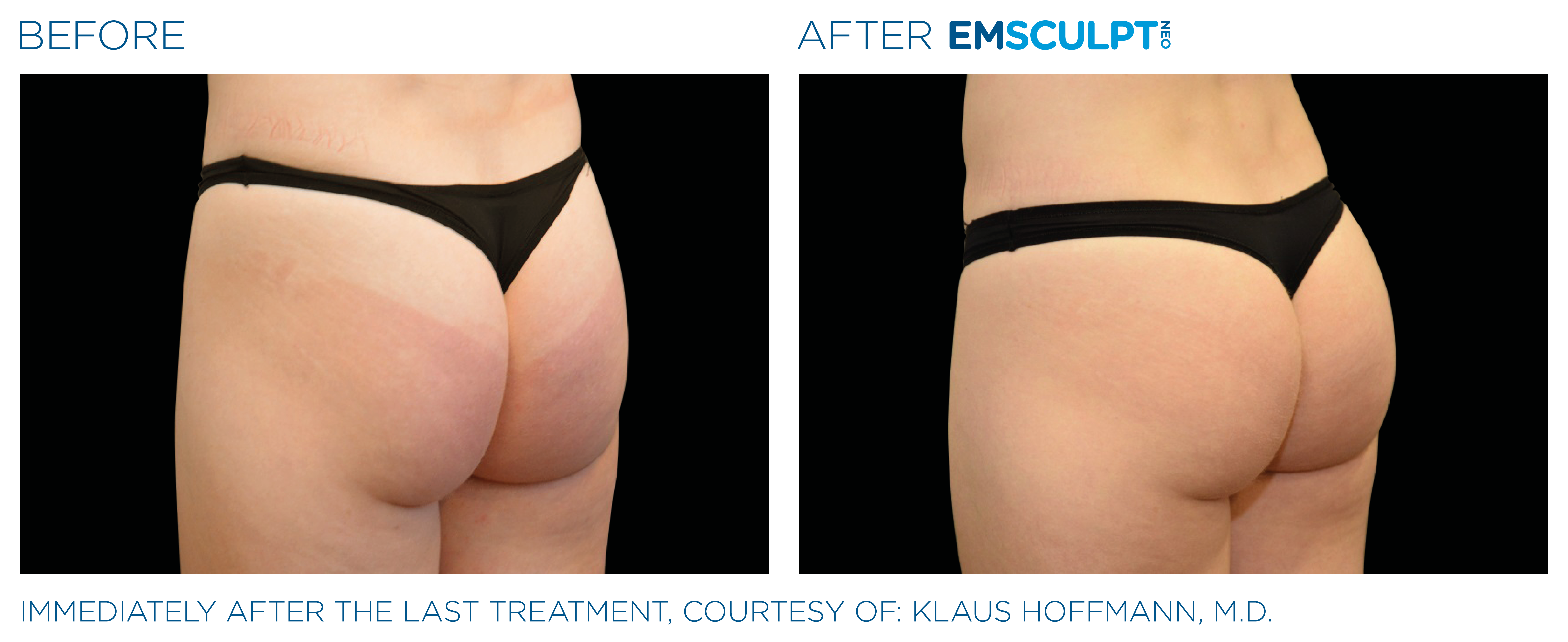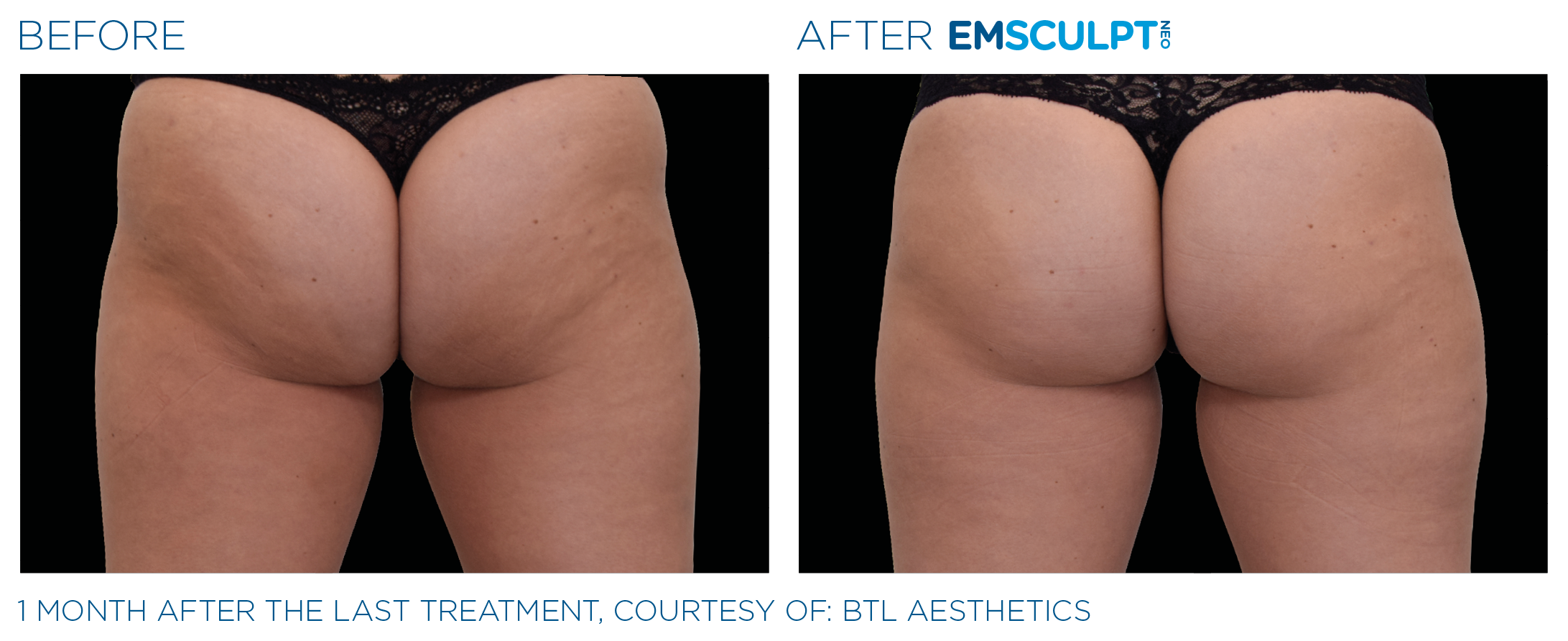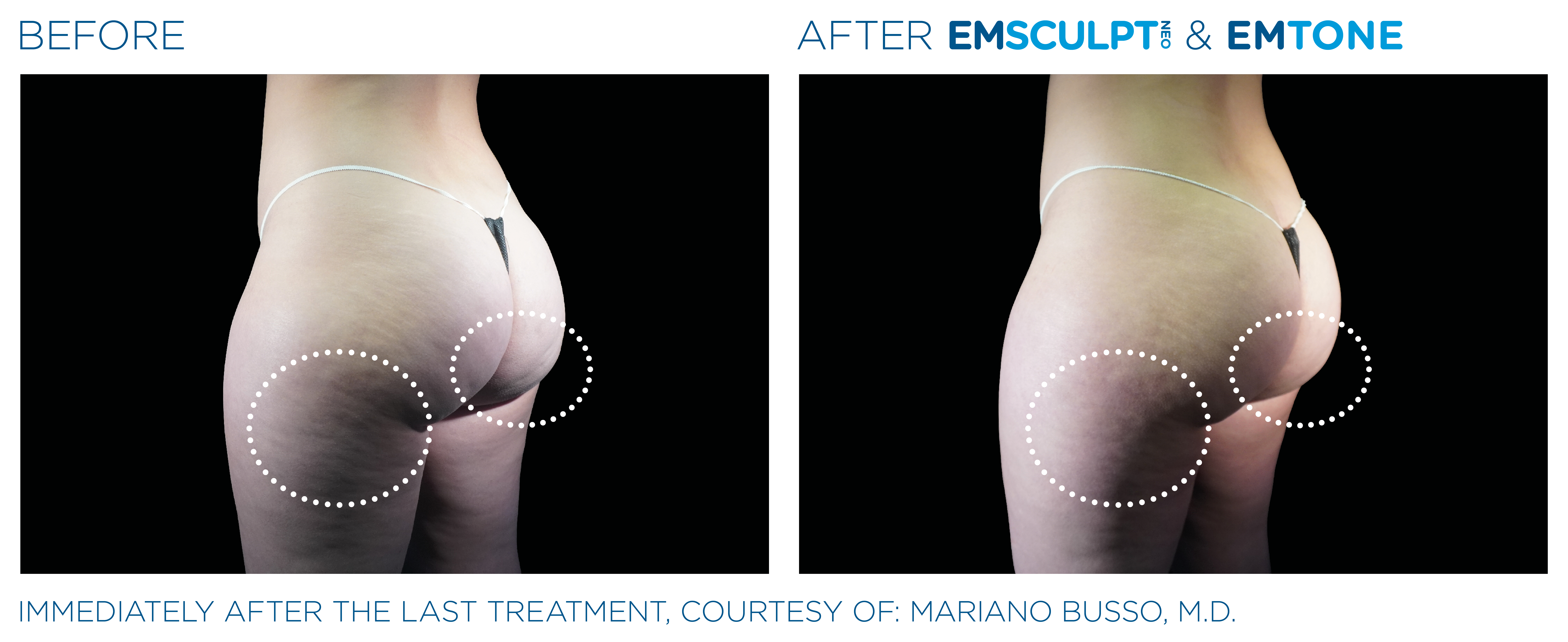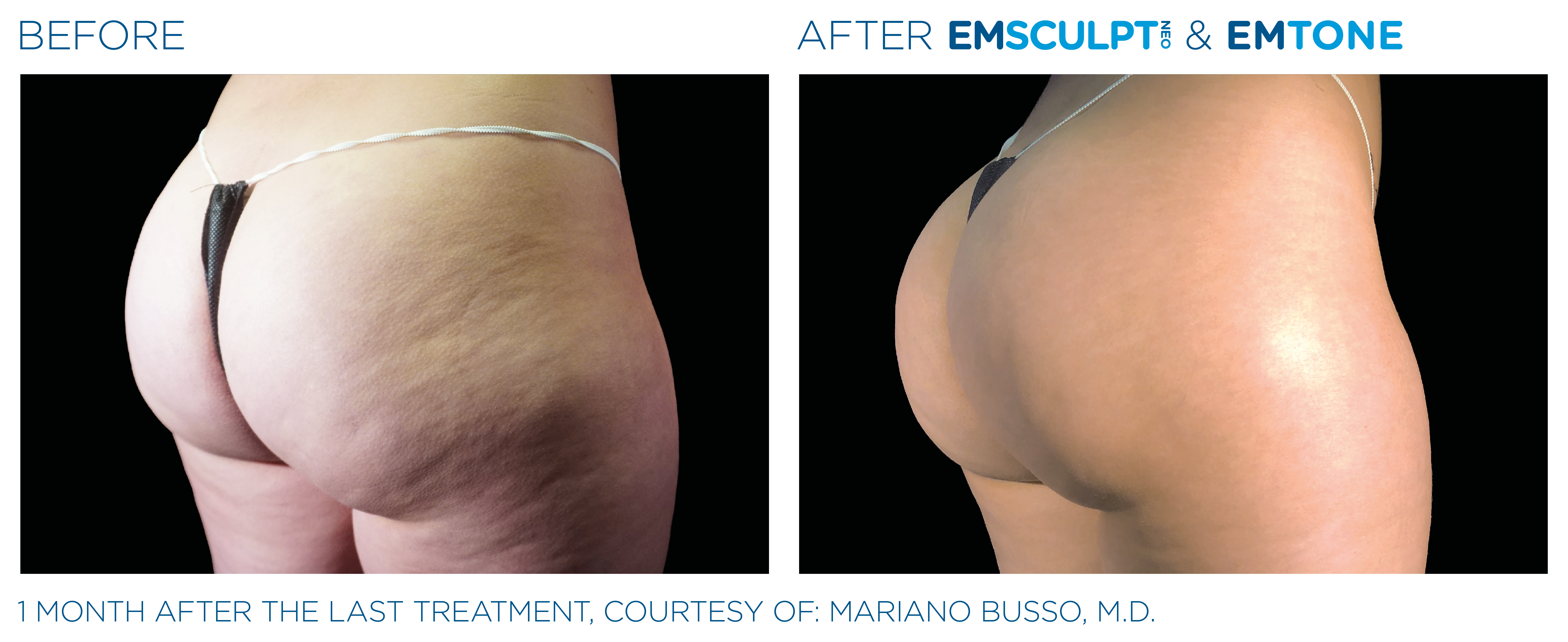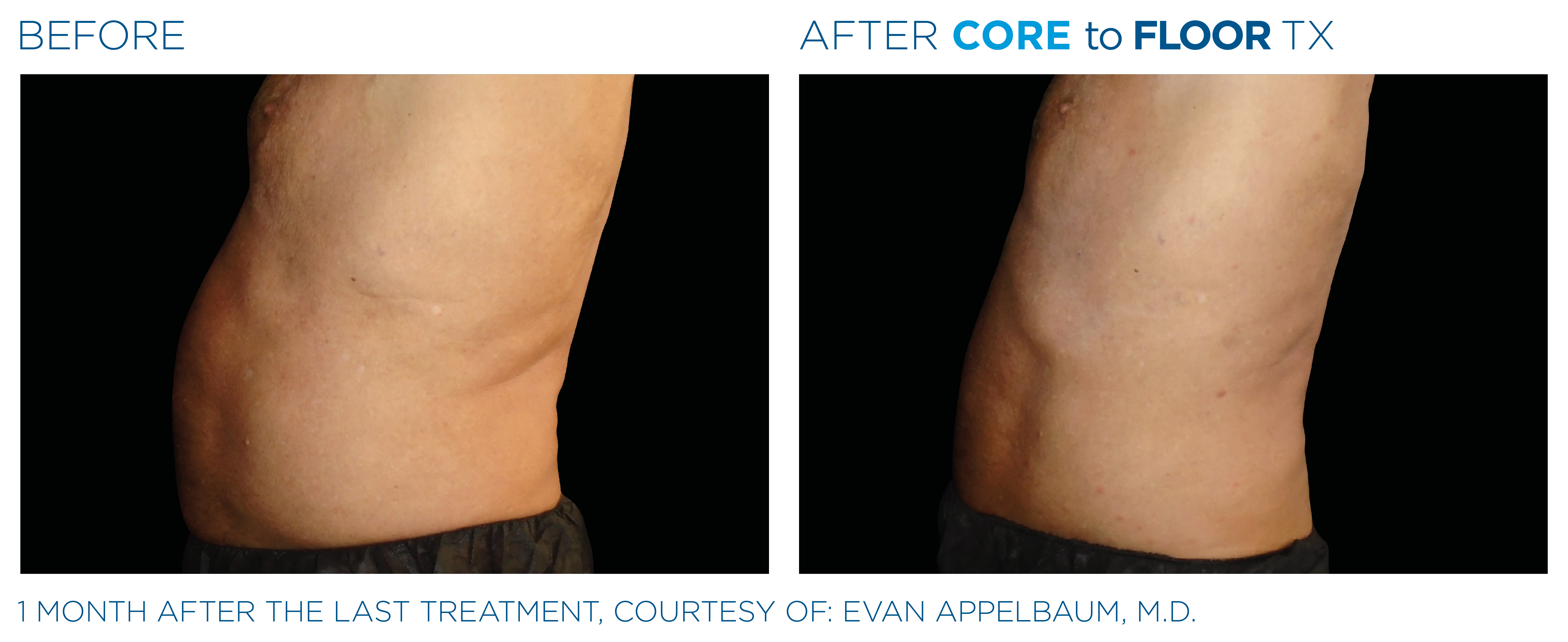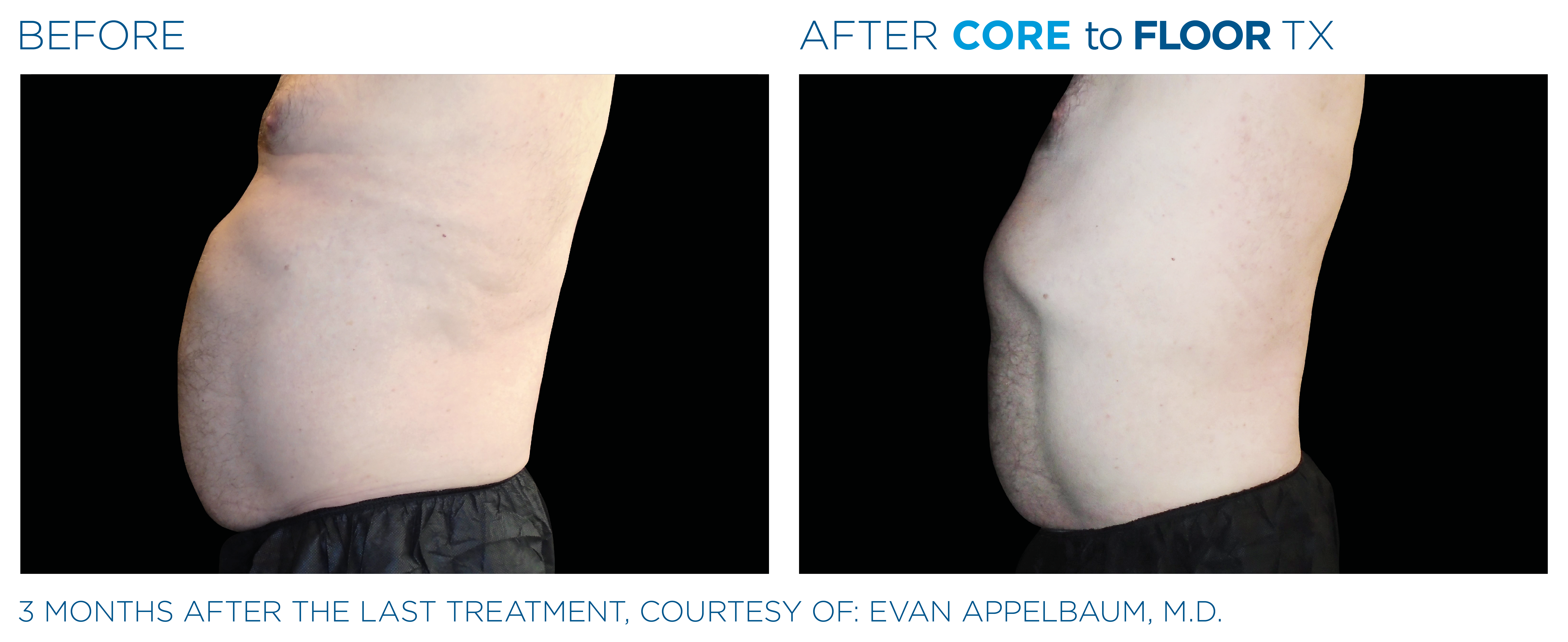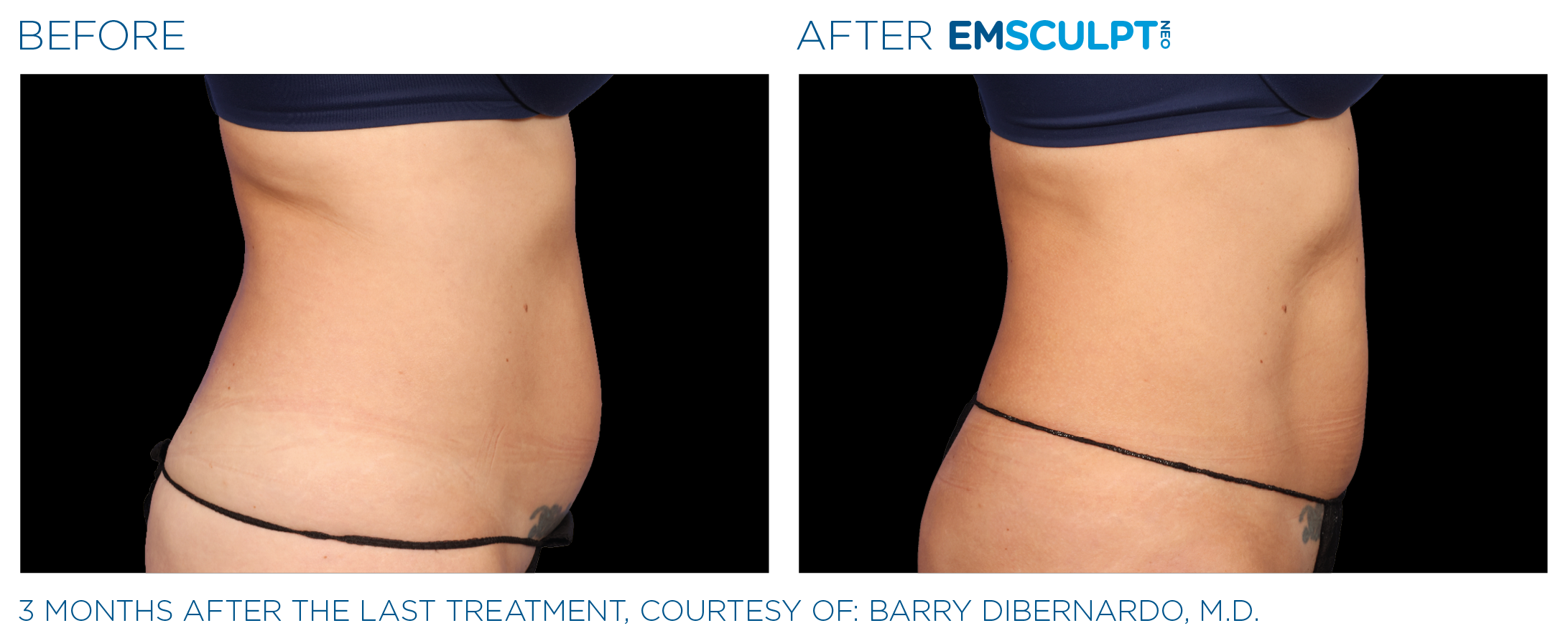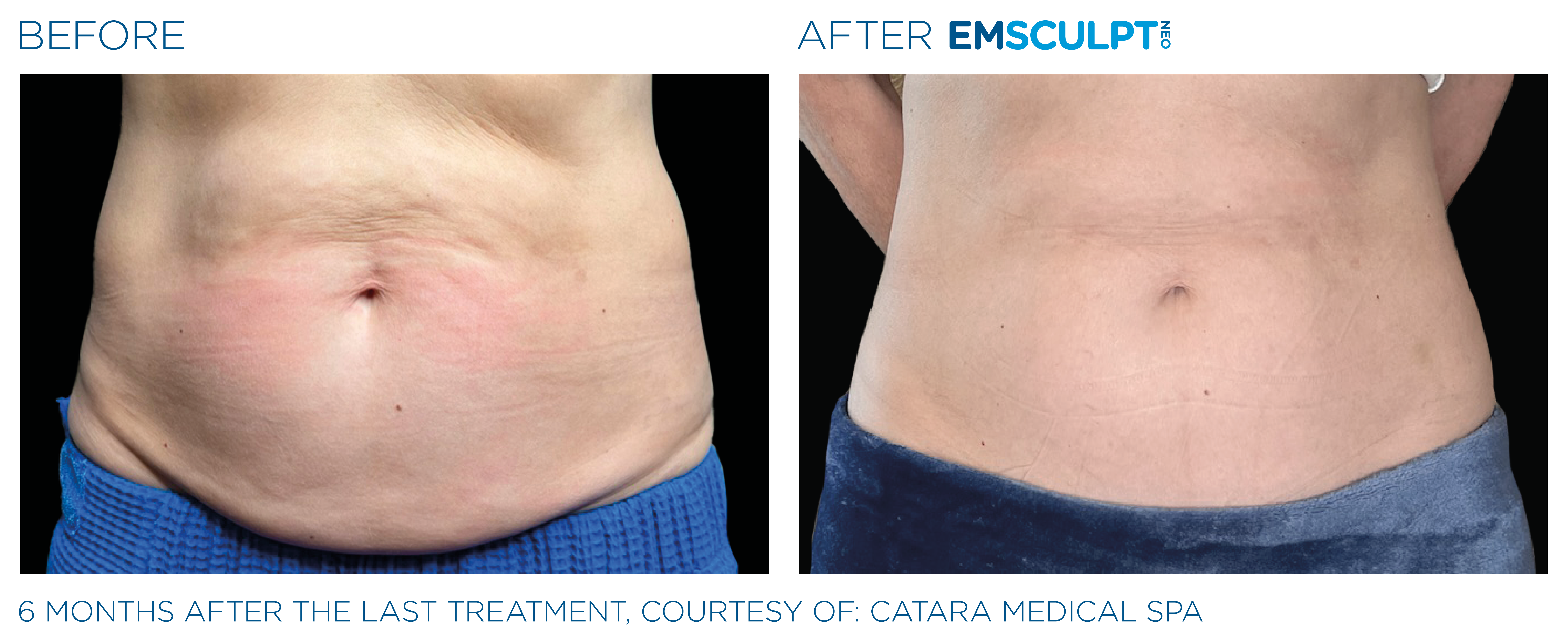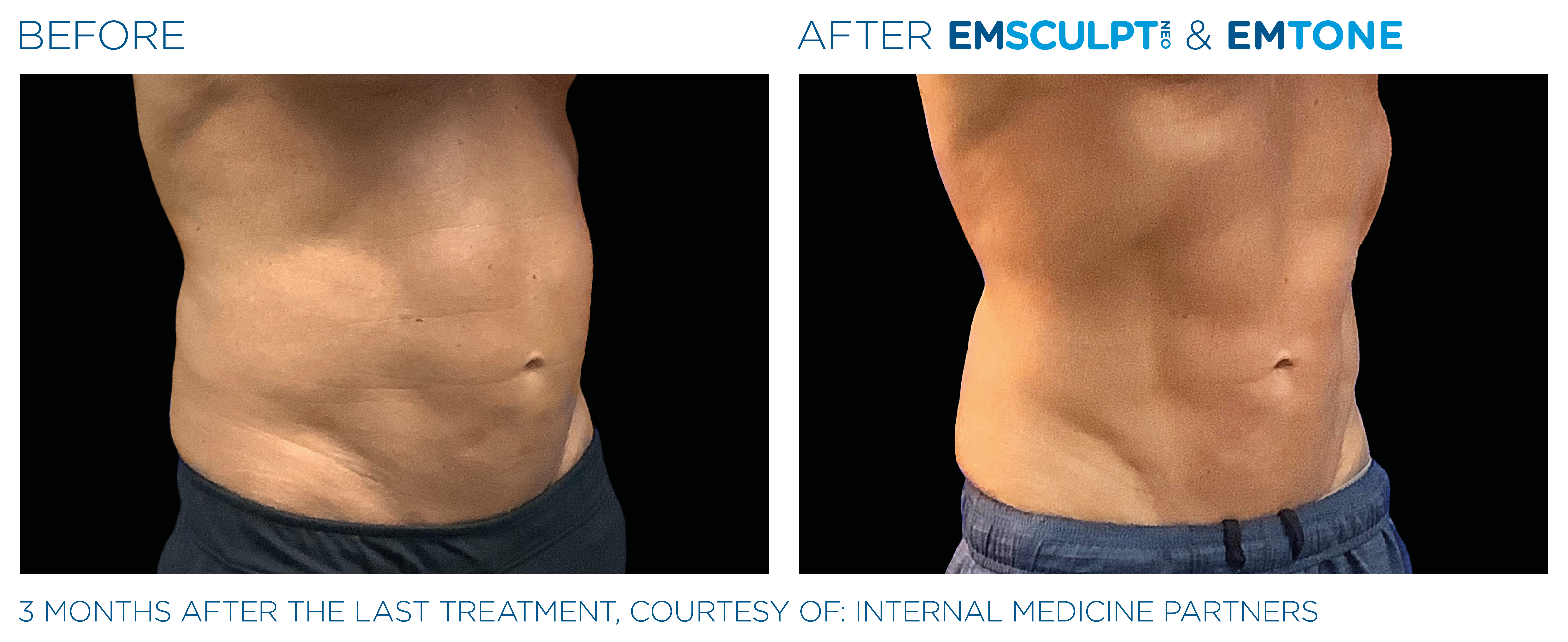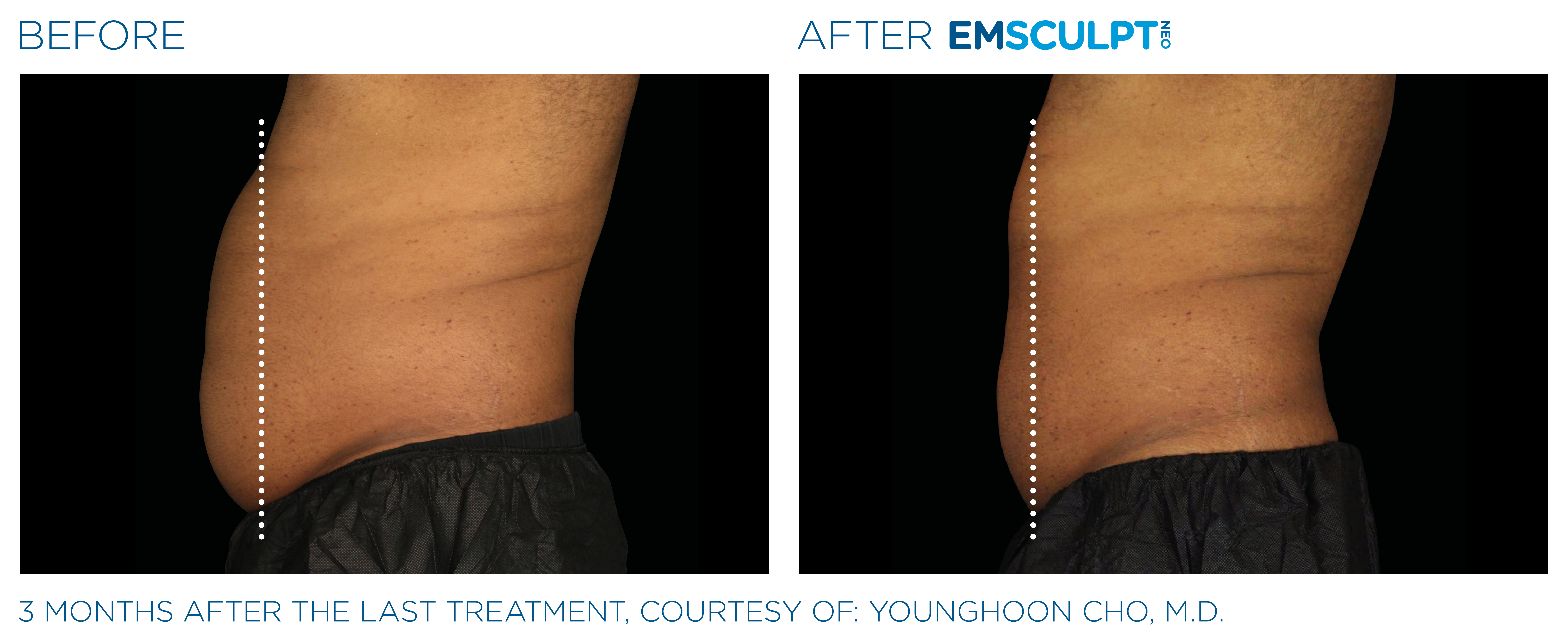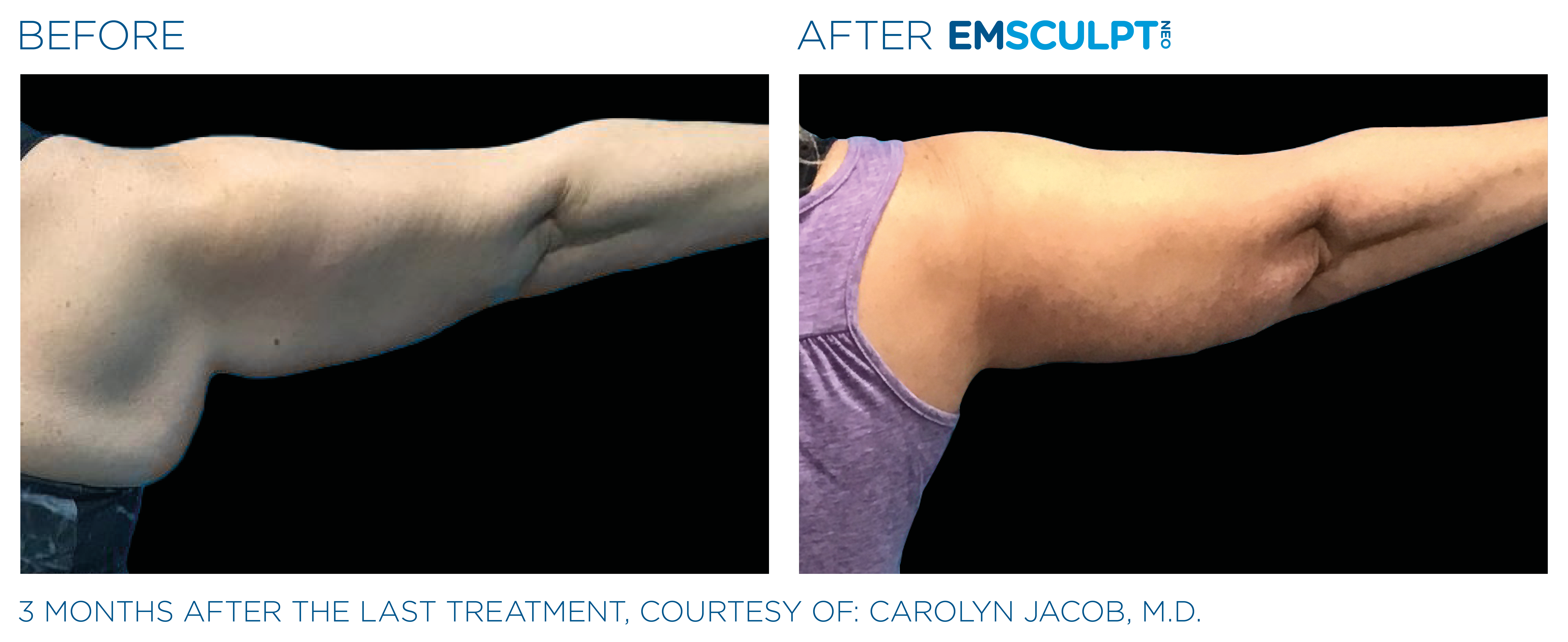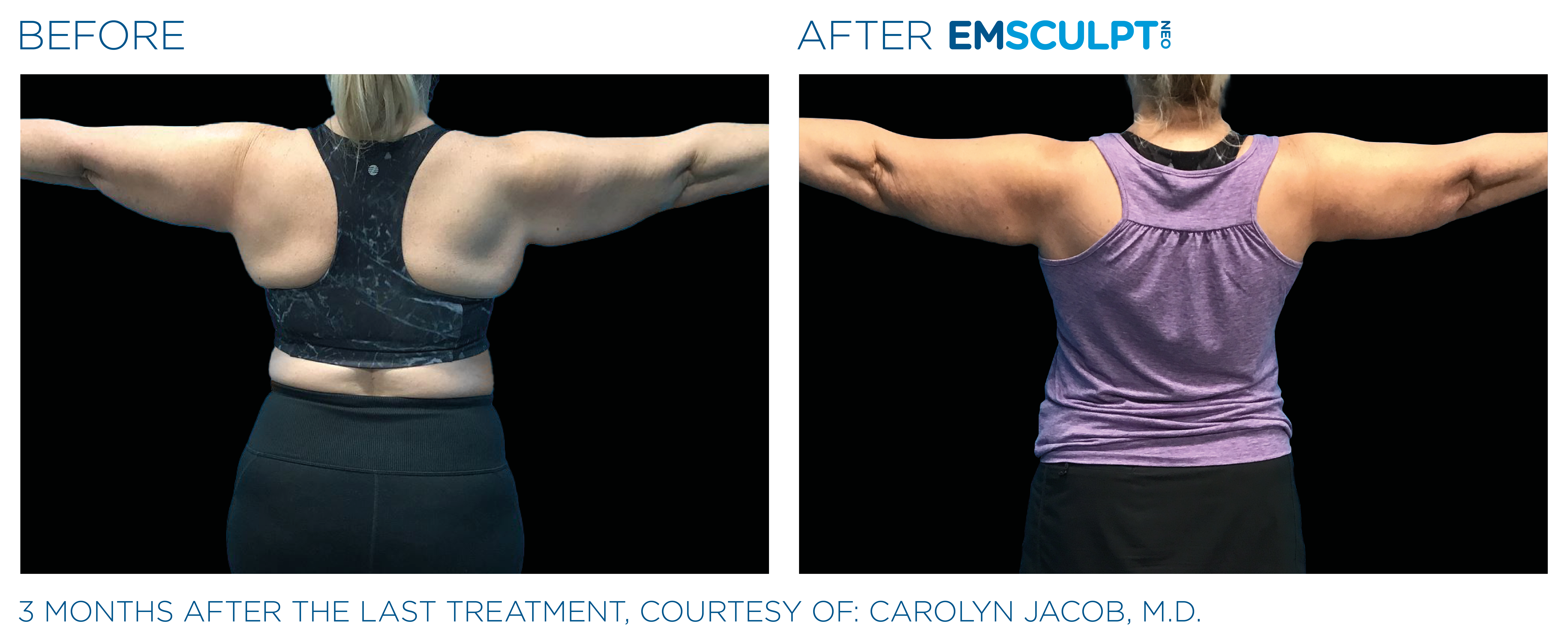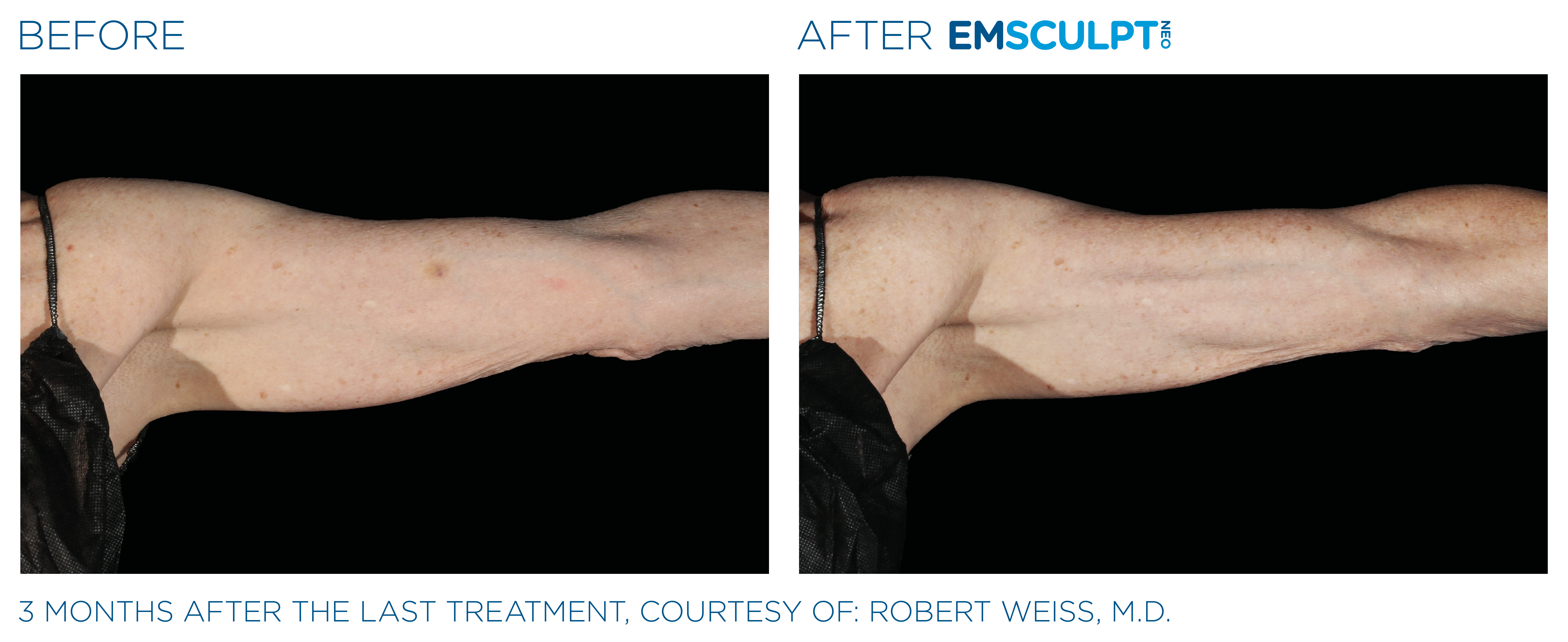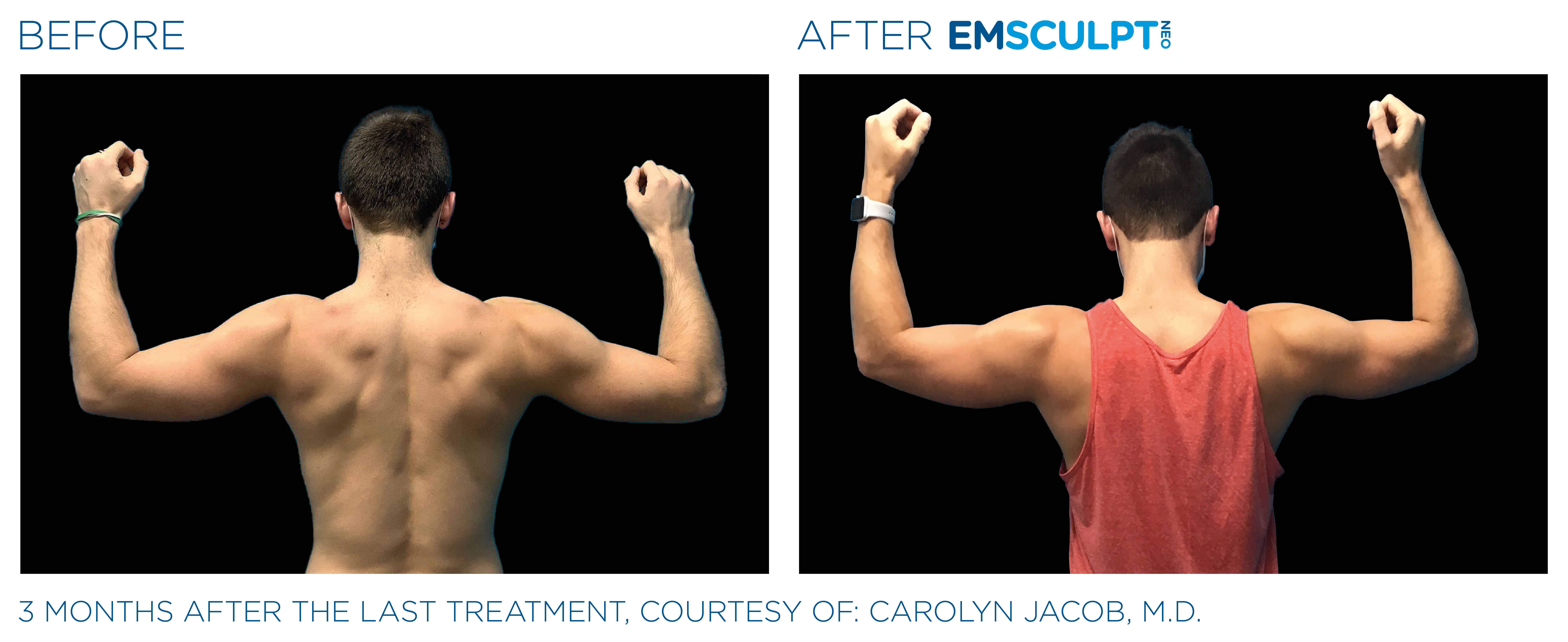Areas We Treat
Every Joint in Your Body. Whether it’s a chronic injury or your exploring non-surgical options, we have a wide variety of treatments available to you.
Shoulder
Whether caused by trauma, overuse, arthritis, or an inflammatory disorder, shoulder pain can have a serious impact on your quality of life and overall body function. Using the latest diagnostic technology, including dynamic ultrasound, our team will gain a precise view into the underlying cause of your discomfort and prescribe innovative treatments to relieve your pain and promote long-term healing.
Some shoulder issues we treat
- Shoulder Pain, Strain, Arthritis
- Calcific Tendonitis
- Bursitis
- Frozen Shoulder)
- Rotator Cuff Syndrome/ Tears
What We Might Recommend:
- Minimally Invasive Injections
- Shockwave Therapy
- RestorePRP
- RestorePRP+Lipo
- RestoreBLP
Spine, Neck, & Back
We all know that having a pain in the neck can be a real…well, pain in the neck. We’ve got some innovative solutions for all your head, neck and spine woes. After precisely diagnosing your specific problem, our clinicians will recommend the best treatments to relieve pain, reduce inflammation, and accelerate the healing process so you can quickly get back to feeling your best.
Our doctors perform procedures that only a few in the United States perform…
Some shoulder issues we treat
- Cervical Herniated Disc
- Cervical Pinched Nerve
- Cervical Stenosis
- Neck Pain
- Degenerative Disc Disease
- Herniated Disc
- Stenosis
- Pinched Nerve
- Sciatica, Sacroiliac Joint (SI) Dysfunction
What We Might Recommend:
- Minimally Invasive Injections
- RestorePRP
- RestorePRP+Lipo
- RestoreBLP
Elbow, Hand, & Wrist
You know what they say – everyday overuse, acute injuries, and age-related conditions like arthritis can really put a strain on your hands and wrists. And let’s be real, who has time for that kind of nonsense? Not you, my friend.
We’ll put our rigorous diagnostics to work (because half-hearted diagnostics just won’t cut it) to uncover the precise source of your hand and wrist symptoms.
Then, we’ll whip out our most effective solutions to help you reduce pain, decrease inflammation, and regain function. Say goodbye to carpal tunnel syndrome, arthritis, and more…
Elbow, Hand, Wrist Conditions We Treat:
- Carpal Tunnel Syndrome
- Joint Arthritis
- Trigger Finger
- Thumb Arthritis
- Golfer’s Elbow—Medial Epicondylitis
- Tennis Elbow—Lateral Epicondylitis
- Biceps & Triceps Tendonitis
- And More
What We Might Recommend:
- Minimally Invasive Injections
- Shockwave Therapy
- RestorePRP
- RestorePRP+Lipo
- RestoreBLP
Hip & SI Joint
Ah, the pelvis, hip, and sacroiliac (SI) joint. These areas can be such troublemakers, always getting themselves into a painful mess with overuse, injury, arthritis, and the ravages of time. It’s no wonder you can’t get a decent night’s sleep.
Pelvis & Hip Conditions We Treat:
- Sacroiliac (SI) Joint/Hip
- Sacroiliac Arthritis & Dysfunction
- Piriformis Syndrome
- Border Nerve Syndrome
- Hamstring Tendinosis & Strain
- Hip Labral Tear
- Hip Osteoarthritis
- And More
What We Might Recommend:
- Minimally Invasive Injections
- Shockwave Therapy
- RestorePRP
- RestorePRP+Lipo
- RestoreBLP
Knee & Leg
The knee is like the VIP joint – always bearing the most weight and getting all the attention. But with great responsibility comes great risk for injury and pain, from pesky inflammation to downright tear-inducing tears.
We’ll use all the latest diagnostic tech to get to the root of your knee and leg woes and whip up a custom treatment plan just for you.
Knee & Leg Conditions We Tackle:
- Knee Osteoarthritis
- Cartilage disease/injury
- Meniscal tear
- MCL, ACL, PCL Tears
- Joint swelling
- Effusion
- Patellar Tendinosis
- Tendonitis
- Bursitis
- And More…
What We Might Recommend:
- Minimally Invasive Injections
- Shockwave Therapy
- RestorePRP
- RestorePRP+Lipo
- RestoreBLP
Foot & Ankle
Did you know that your foot is the MVP of your body, with more bones and joints than a jigsaw puzzle and enough nerves to make a phone book jealous? With all that complexity, it’s no wonder foot and ankle issues can sneak up on you like a ninja in the night.
We use the latest diagnostic technology to uncover the root cause of your pain and discomfort, and then we whip out our innovative treatments to get you back to feeling your best.
Foot & Ankle Conditions We Treat:
- Posterior Tibial
- Tendonitis
- Plantar Fasciitis
- Ankle Instability
- Achilles Tendinopathy or Bursitis
- Arthritis
- And More…
What We Might Recommend:
- Minimally Invasive Injections
- Shockwave Therapy
- RestorePRP
- RestorePRP+Lipo
Shoulder
Whether caused by trauma, overuse, arthritis, or an inflammatory disorder, shoulder pain can have a serious impact on your quality of life and overall body function. Using the latest diagnostic technology, including dynamic ultrasound, our team will gain a precise view into the underlying cause of your discomfort and prescribe innovative treatments to relieve your pain and promote long-term healing.
Some shoulder issues we treat
- Shoulder Pain, Strain, Arthritis
- Calcific Tendonitis
- Bursitis
- Frozen Shoulder)
- Rotator Cuff Syndrome/ Tears
What We Might Recommend:
- Minimally Invasive Injections
- Shockwave Therapy
- RestorePRP
- RestorePRP+Lipo
- RestoreBLP
Spine, Neck, & Back
We all know that having a pain in the neck can be a real…well, pain in the neck. We’ve got some innovative solutions for all your head, neck and spine woes. After precisely diagnosing your specific problem, our clinicians will recommend the best treatments to relieve pain, reduce inflammation, and accelerate the healing process so you can quickly get back to feeling your best.
Our doctors perform procedures that only a few in the United States perform…
Some shoulder issues we treat
- Cervical Herniated Disc
- Cervical Pinched Nerve
- Cervical Stenosis
- Neck Pain
- Degenerative Disc Disease
- Herniated Disc
- Stenosis
- Pinched Nerve
- Sciatica, Sacroiliac Joint (SI) Dysfunction
What We Might Recommend:
- Minimally Invasive Injections
- RestorePRP
- RestorePRP+Lipo
- RestoreBLP
Elbow, Hand, & Wrist
You know what they say – everyday overuse, acute injuries, and age-related conditions like arthritis can really put a strain on your hands and wrists. And let’s be real, who has time for that kind of nonsense? Not you, my friend.
We’ll put our rigorous diagnostics to work (because half-hearted diagnostics just won’t cut it) to uncover the precise source of your hand and wrist symptoms.
Then, we’ll whip out our most effective solutions to help you reduce pain, decrease inflammation, and regain function. Say goodbye to carpal tunnel syndrome, arthritis, and more…
Elbow, Hand, Wrist Conditions We Treat:
- Carpal Tunnel Syndrome
- Joint Arthritis
- Trigger Finger
- Thumb Arthritis
- Golfer’s Elbow—Medial Epicondylitis
- Tennis Elbow—Lateral Epicondylitis
- Biceps & Triceps Tendonitis
- And More
What We Might Recommend:
- Minimally Invasive Injections
- Shockwave Therapy
- RestorePRP
- RestorePRP+Lipo
- RestoreBLP
Hip & SI Joint
Ah, the pelvis, hip, and sacroiliac (SI) joint. These areas can be such troublemakers, always getting themselves into a painful mess with overuse, injury, arthritis, and the ravages of time. It’s no wonder you can’t get a decent night’s sleep.
Pelvis & Hip Conditions We Treat:
- Sacroiliac (SI) Joint/Hip
- Sacroiliac Arthritis & Dysfunction
- Piriformis Syndrome
- Border Nerve Syndrome
- Hamstring Tendinosis & Strain
- Hip Labral Tear
- Hip Osteoarthritis
- And More
What We Might Recommend:
- Minimally Invasive Injections
- Shockwave Therapy
- RestorePRP
- RestorePRP+Lipo
- RestoreBLP
Knee & Leg
The knee is like the VIP joint – always bearing the most weight and getting all the attention. But with great responsibility comes great risk for injury and pain, from pesky inflammation to downright tear-inducing tears.
We’ll use all the latest diagnostic tech to get to the root of your knee and leg woes and whip up a custom treatment plan just for you.
Knee & Leg Conditions We Tackle:
- Knee Osteoarthritis
- Cartilage disease/injury
- Meniscal tear
- MCL, ACL, PCL Tears
- Joint swelling
- Effusion
- Patellar Tendinosis
- Tendonitis
- Bursitis
- And More…
What We Might Recommend:
- Minimally Invasive Injections
- Shockwave Therapy
- RestorePRP
- RestorePRP+Lipo
- RestoreBLP
Foot & Ankle
Did you know that your foot is the MVP of your body, with more bones and joints than a jigsaw puzzle and enough nerves to make a phone book jealous? With all that complexity, it’s no wonder foot and ankle issues can sneak up on you like a ninja in the night.
We use the latest diagnostic technology to uncover the root cause of your pain and discomfort, and then we whip out our innovative treatments to get you back to feeling your best.
Foot & Ankle Conditions We Treat:
- Posterior Tibial
- Tendonitis
- Plantar Fasciitis
- Ankle Instability
- Achilles Tendinopathy or Bursitis
- Arthritis
- And More…
What We Might Recommend:
- Minimally Invasive Injections
- Shockwave Therapy
- RestorePRP
- RestorePRP+Lipo
Want to learn more about our care?
Have us call you! Schedule a 10-minute call with an Orthobiologic specialist to learn more about why we believe “Your Body Is Your Medicine.”It’s worth 10 minutes of your time!
Get Answers From an Expert
We actually do things a little differently here at RestorePDX. Rather than waiting on hold for long periods of time or not getting called back at all, have us call you!
We have a new patient coordinator that you can schedule a 10-minute call with.

